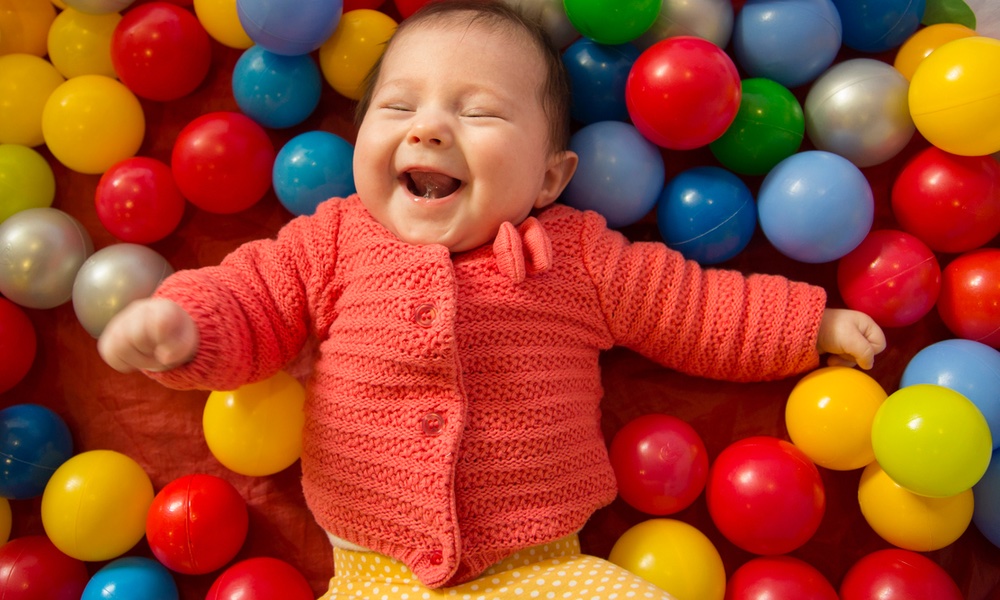It wasn't long ago that women were advised by their doctors to rest and take it easy during pregnancy. Now it's known that exercise not only makes pregnancy more comfortable, it lowers the risk of complications and helps speed post-partum recovery.
If it does all that for the mother, could it also be good for her child? A new study suggests that the answer is yes.
The babies born to mothers-to-be who exercised for as little as one hour per week showed more advanced brain development during their first eight to 12 days of life, compared to those infants born to mothers who didn't exercise. This kind of mental head start could have a life-long impact, according to University of Montreal researchers.
Women at the start of their second trimester were split into two groups for the study. Half performed 20 minutes of cardiovascular exercise of moderate intensity three times a week, at least 20 minutes per session. The other group did not exercise.Most of all, we are optimistic that [our findings] will encourage women to change their health habits, given that the simple act of exercising during pregnancy could make a difference for their child's future.
Moderate intensity exercise is strenuous enough to make you slightly short of breath, but not so short of breath that you can't talk while doing it.
After the women gave birth, the brain activity of their newborns was measured. Soft electrodes placed on infants' heads measured activity as they were exposed to sounds while they slept in their mothers' laps.
The infants whose mothers who had exercised showed a more mature pattern of brain activation, suggesting that their brains had developed more rapidly at this early stage of life.
The children will be tested again at the age of one to see if these differences persist and to see if there are other differences in their cognitive, motor or language development.
“Most of all, we are optimistic that [our findings] will encourage women to change their health habits, given that the simple act of exercising during pregnancy could make a difference for their child's future,” David Ellemberg, lead author of the study, said in a statement.
The results of the study were presented on November 10 at the Society for Neuroscience's annual meeting, Neuroscience 2013, in San Diego.




